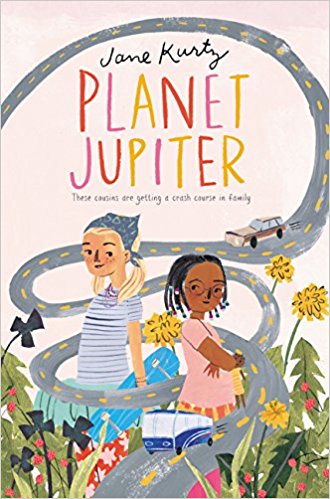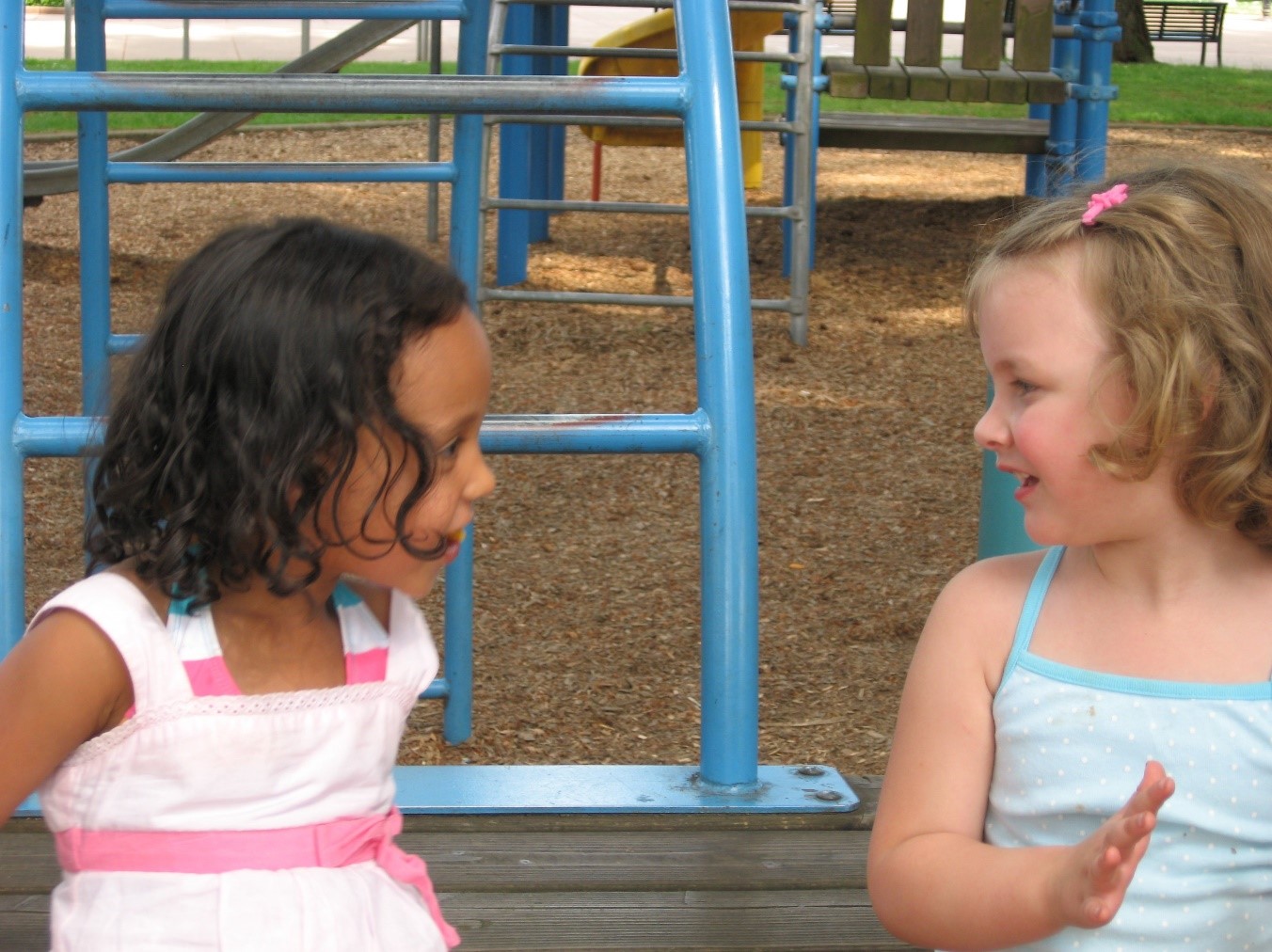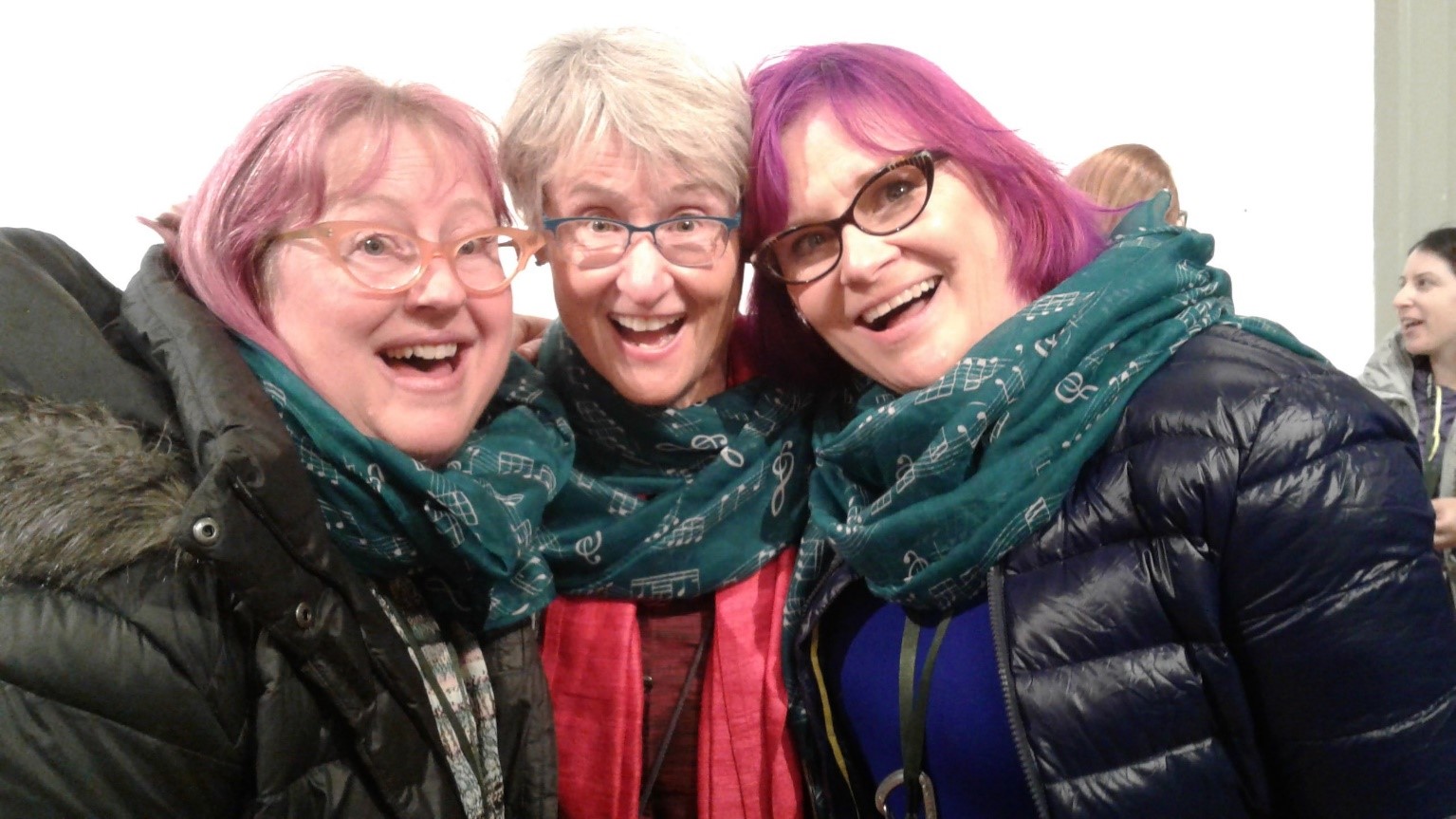Jane Kurtz’s PLANET JUPITER
We’re delighted that this orbit around the sun has brought a new middle grade novel from Jane Kurtz. It’s Planet Jupiter!
Everything has gone all wobbly for Jupiter. She comes from a spirited, loving family of buskers—musicians who move from place to place and make a living playing on street corners and at fairs—and she revels in her wandering life. But now her mother has rented an actual house (Jupiter prefers to live in their van) and she is pretty sure that her brother is deserting the family and their musical act just like her dad, the Prince of Adventure, did a while ago. To top it off, some cousin from Ethiopia who Jupiter never even knew existed is coming to live with them, and Jupiter is in charge of watching her. Seriously? Not fair!
Jupiter is not in the mood to appreciate her new house, hew new neighborhood, the bees and bridges of Portland, or her newly discovered cousin. How will she get back on the road, rid herself of the wobbles, and orbit the sun happily once again? Clearly what Jupiter needs is a Grand Plan…
Welcome, Jane Kurtz! So, tell us . . .
What was the spark that ignited this book?
I was listening to an NPR program about young musicians when I heard an interview with a girl who was the spark for Jupiter—living an alternative kind of life centered around music and street performances. Although I didn’t grow up as a busker, I do sing with my sisters every week. And I first moved (from Portland to Ethiopia) when I was two years old. And I did recently discover soil and bees and bugs in a whole new way in Portland. So I immediately connected with the love of adventure/traveling vs. the pull to cultivate roots in a specific place.
Photo: Cousins in Jane’s family meeting for the first time.
What authors do you love for their sentences? How about plot? Character?
I keep trying to write a simple plot line, so I re-read middle grade such as Because of Winn Dixie and Liar and Spy to see how other people do it. I love Sarah Plain and Tall for its lyrical sentences and character emotions that are not spelled out but vivid (and moving) on the page.
What nugget of craft advice has been especially helpful to you?
I’m constantly learning new craft skills. When I was revising Planet Jupiter, it was the concept of microtension (including the book The Fire in Fiction) that handed out some great advice about how to make the reader uneasy and curious.
What’s the weirdest thing you’ve ever Googled as research for your writing?
How (and why) to eat a bug.
What unusual swag do you wish you could make for this book?
A cute and compelling guide to saving the bees and a mini cookbook about eating bugs.
How does teaching at VCFA affect your writing life?
I learn so much about the craft of writing fiction and creative nonfiction every single bingle residency. At this point, I like to have some work in progress open on my computer and force myself to practice—on the page—one thing I’m hearing from each lecture. Otherwise it’s too easy to nod and say “uh-huh, uh-huh” without actually getting the insight from my brain through my fingers and into my work.
Great idea! What is your favorite VCFA memory?
While I was part of the Bath, England residency, I was doing a final big revision of Planet Jupiter. The work we did together to mine our innards and our outer world added some details to my manuscript in a compelling and fresh way. I have a powerful memory of the day we all gathered something from outside—and created poems in invented language to describe them. Wow! What a blast of a sensory experience!
Bonus Bath pic: Here are Cate Berry, Jane Kurtz, and Margaret Mayo McGlynn. Jane says the three of them used to sing in 3-part harmony at residencies! It helped set the stage when she read from WIP Planet Jupiter.
How does teaching at VCFA affect your writing life?
I learn so much about the craft of writing fiction and creative nonfiction every single bingle residency. At this point, I like to have some work in progress open on my computer and force myself to practice—on the page—one thing I’m hearing from each lecture. Otherwise it’s too easy to nod and say “uh-huh, uh-huh” without actually getting the insight from my brain through my fingers and into my work.
Great idea! What is your favorite VCFA memory?
While I was part of the Bath, England residency, I was doing a final big revision of Planet Jupiter. The work we did together to mine our innards and our outer world added some details to my manuscript in a compelling and fresh way. I have a powerful memory of the day we all gathered something from outside—and created poems in invented language to describe them. Wow! What a blast of a sensory experience!
Bonus Bath pic: Here are Cate Berry, Jane Kurtz, and Margaret Mayo McGlynn. Jane says the three of them used to sing in 3-part harmony at residencies! It helped set the stage when she read from WIP Planet Jupiter.
What advice would you give to a prospective VCFA student?
The first time I had an intensive workshop with a published author, I read everything I could get my hands on that she had written, so that I could ask her specific questions about craft decisions in her picture books and novels. I’m always surprised that more VCFA students don’t take advantage of residency time to learn from their fellow writers who are faculty but still trying daily to solve craft problems in our own work.
Thanks so much for stopping by! Welcome to the universe, Planet Jupiter!
Jane Kurtz has taught at VCFA MFA in Children’s and YA Literature since 2006. She was born in Portland, Oregon, but grew up in Ethiopia and has written about the joy and pain of cultural connections in many different ways. She also helped start the nonprofit Ethiopia Reads and is using her volunteer time to develop local language ready-to-read books for Ethiopia—when she’s not teaching, writing, and cultivating her Backyard Habitat.
Visit Jane online at www.janekurtz.com and at janekurtz.wordpress.com. Learn about Jane and her sister Caroline’s Open Hearts Big Dreams book project at http://openheartsbigdreams.org/book-project/.





